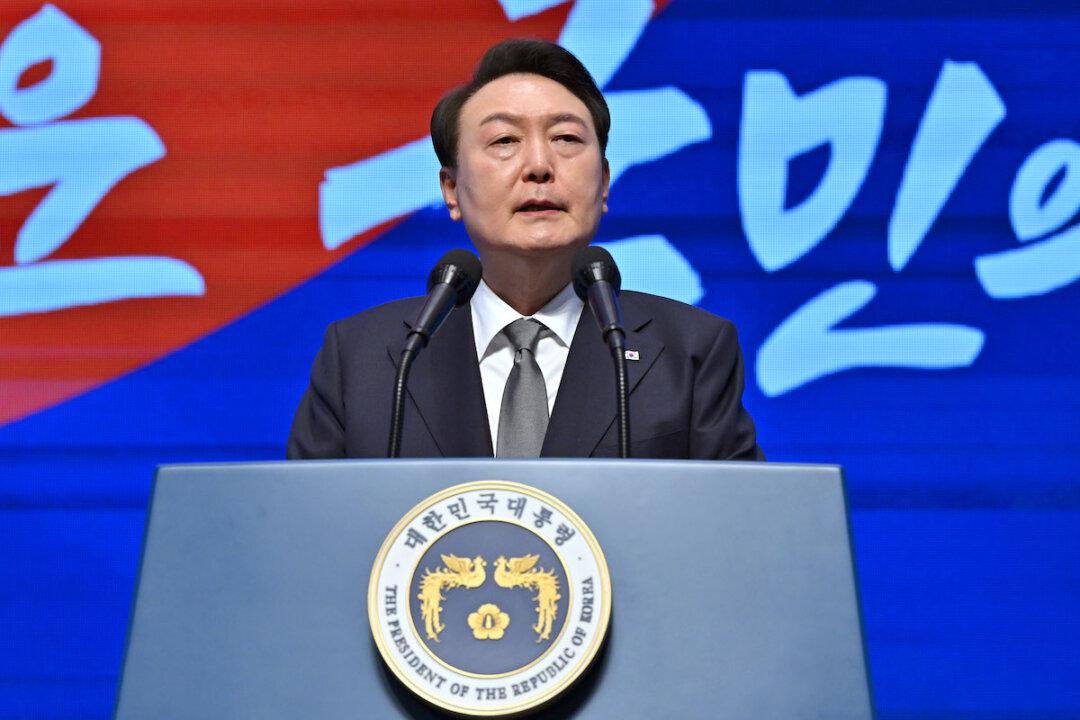The issue of election interference by external entities, specifically the Chinese Communist Party (CCP), is a growing concern for many countries. South Korea, scheduled to hold parliamentary elections next year, has recently stepped up its vigilance against such activities. This move follows an unusual surge in online public support for the Chinese men’s soccer team on South Korean web portals.
During a quarter-final match between South Korea and China in the Hangzhou Asian Games on Oct. 1, the live cheer page on Daum, a major South Korean portal site, revealed an anomaly. It showed that cheers for the Chinese team had received approximately 20 million clicks, making up an astonishing 91 percent of the total. Meanwhile, the South Korean team received only 9 percent of the support, calling into question the validity of these statistics.





